Previous research shows that exposure to antibiotics at least one time can disrupt the delicate microbiome balance between “good” and “bad” bacteria. Not only are you at risk for antibiotic-resistance infections, but a new mouse study finds the drugs can also affect your athletic performance.
Researchers found antibiotics can impede speed and endurance. In mice, this translated to a shorter and slower time on their running wheel. The antibiotics did not cause nausea or sickness in the mice, suggesting the decreased motivation was from antibiotic effects on the gut microbiome.
“We believed an animal’s collection of gut bacteria, its microbiome, would affect digestive processes and muscle function, as well as motivation for various behaviors, including exercise,” says Theodore Garland, University of California, Riverside (UCR) evolutionary physiologist and study coauthor in a media release. “Our study reinforces this belief.”
Two breeds of mice — those who are genetically high runners and those that are not — were given antibiotics for 10 days. Poop samples from mice confirmed there was less diversity in the gut after the antibiotic treatment.
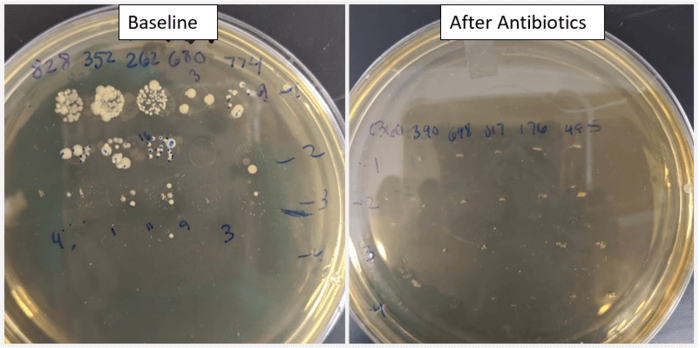
The researchers checked the mice’s food intake and body weight. Since all were stable during antibiotic treatment, it’s unlikely antibiotics made them too sick to run. So when researchers noticed the “athletic” mice ran less than 21% than before, the most likely conclusion was from gut microbiome damage.
Antibiotics are thought to have a lasting effect on running endurance and motivation. Twelve days after stopping antibiotic treatments, researchers noticed high running mice never went back to their former running times.
“A casual exerciser with a minor injury wouldn’t be affected much. But on a world-class athlete, a small setback can be much more magnified,” says Monica McNamara, UCR evolutionary biology doctoral student and lead author of the paper. “That’s why we wanted to compare the two types of mice.” The researchers suggest the gut microbiome damage is akin to a sports injury.
“Metabolic end products from bacteria in the gut can be reabsorbed and used as fuel,” says Garland. “Fewer good bacteria means less available fuel.”
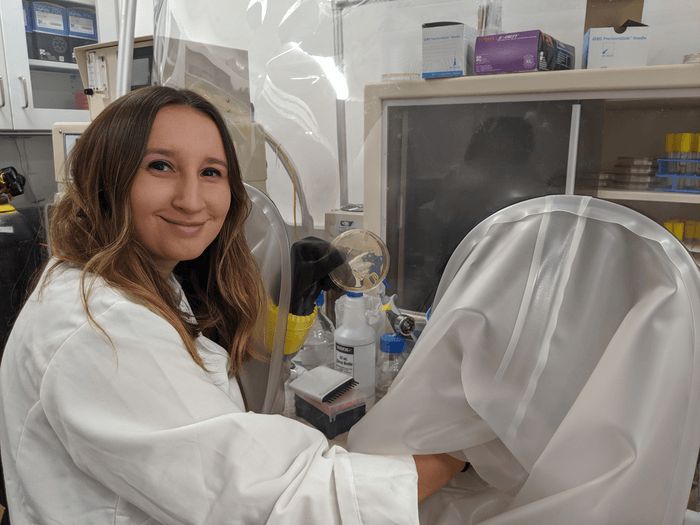
The next step for the research team is understanding which specific bacterial species are required for athletic performance. “If we can pinpoint the right microbes, there exists the possibility of using them as a therapeutic to help average people exercise more,” Garland adds.
For now, the researchers say keeping your gut microbiome in an optimal state will help your athletic ability. This includes regular exercise, eating a balanced diet, and cutting down on fat and sugar.
The study is published in the journal Behavioral Processes.
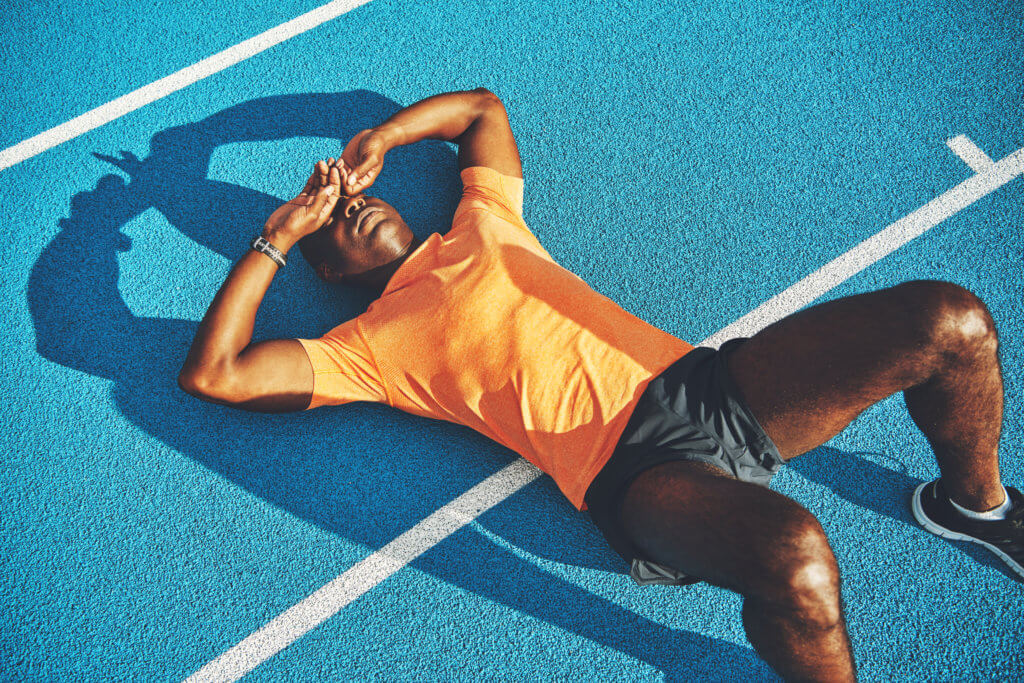
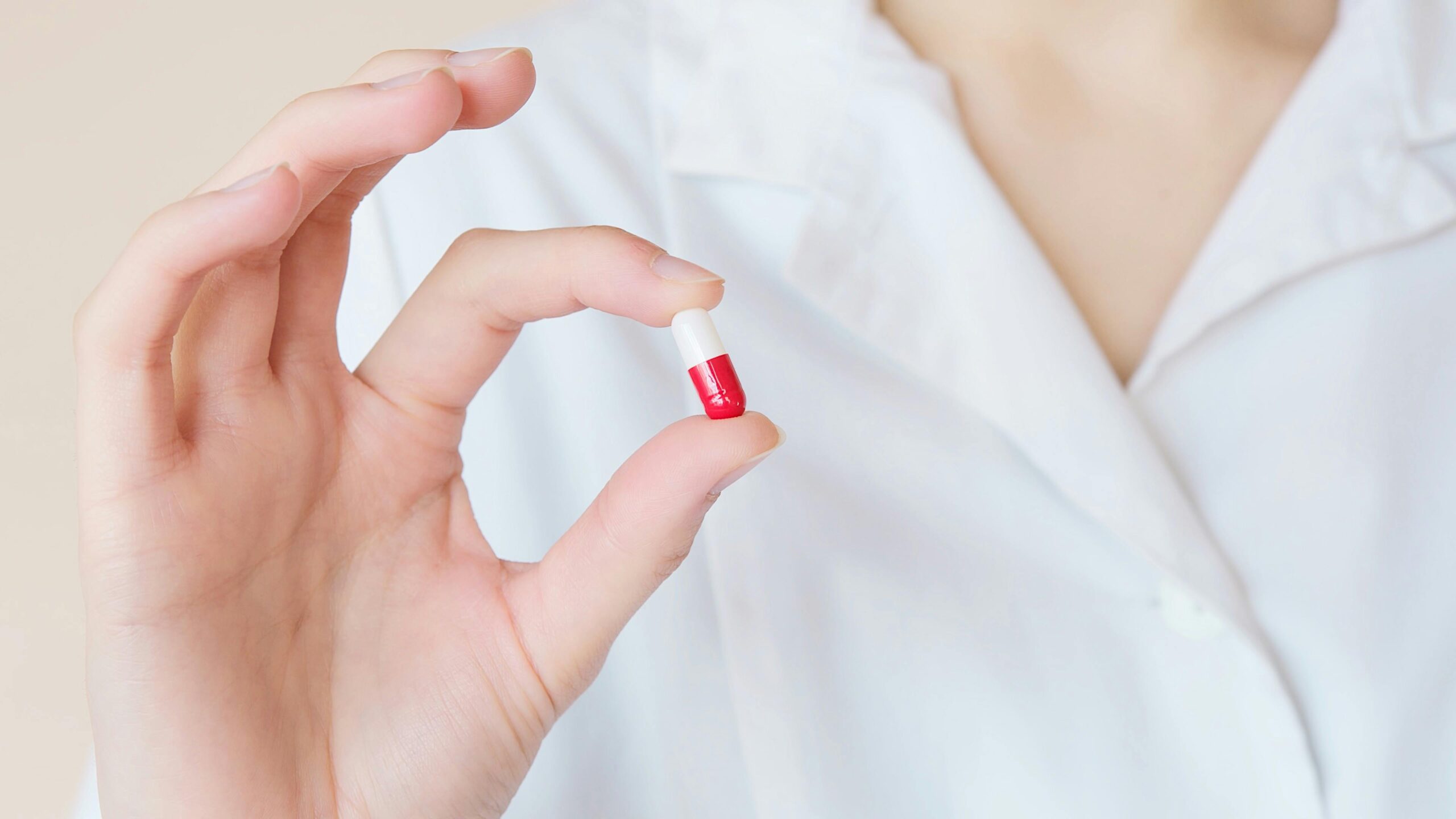
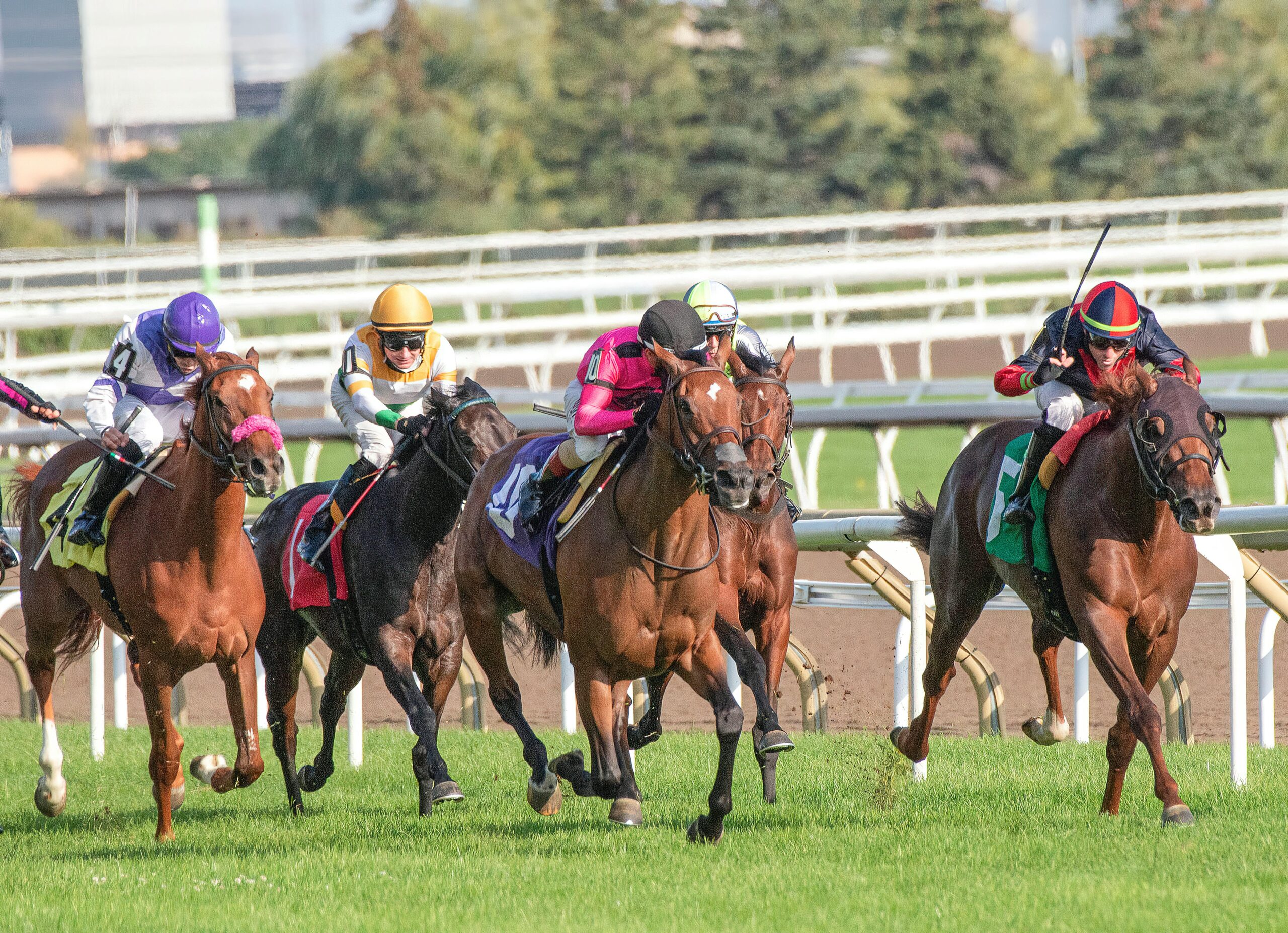
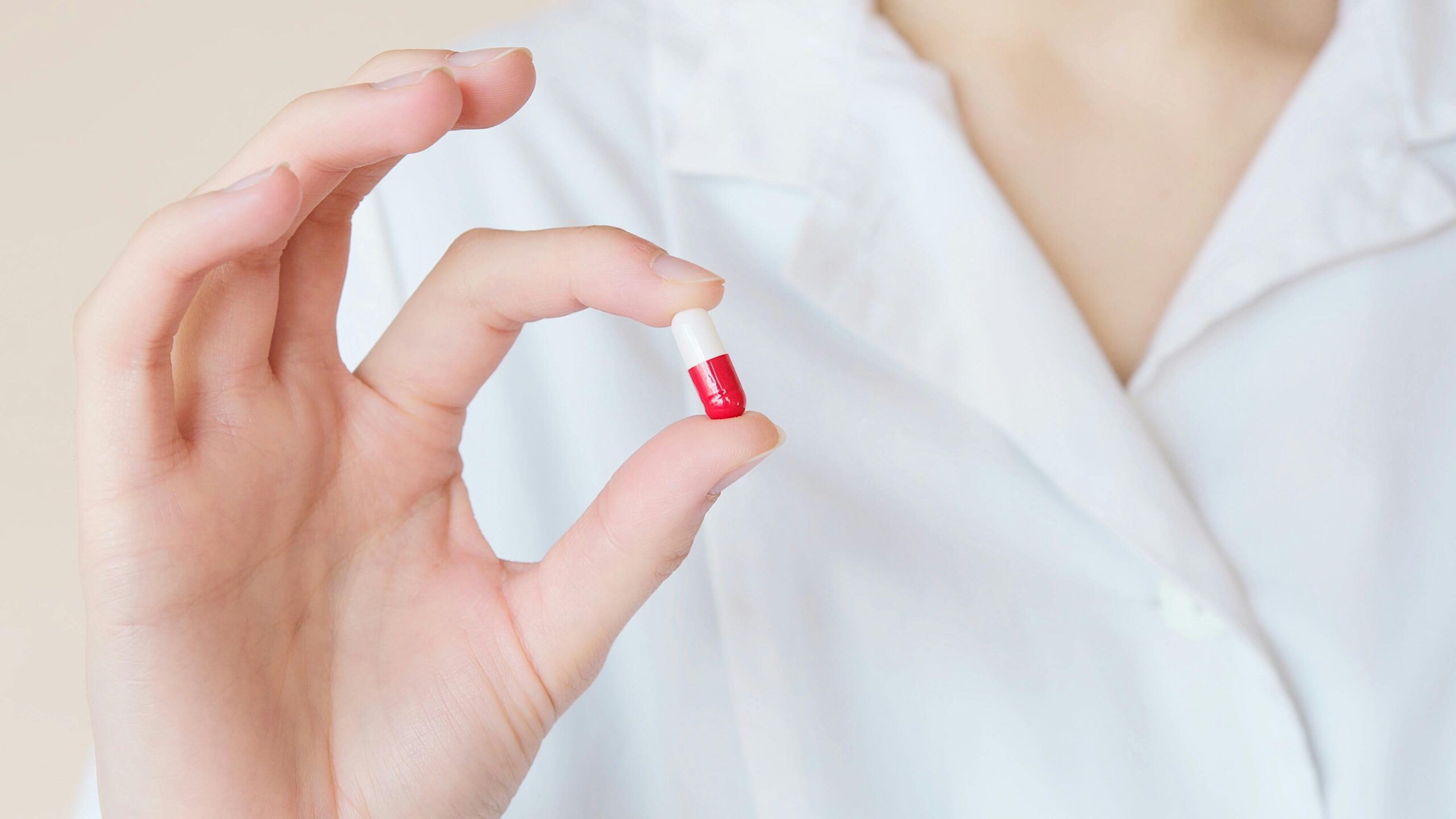
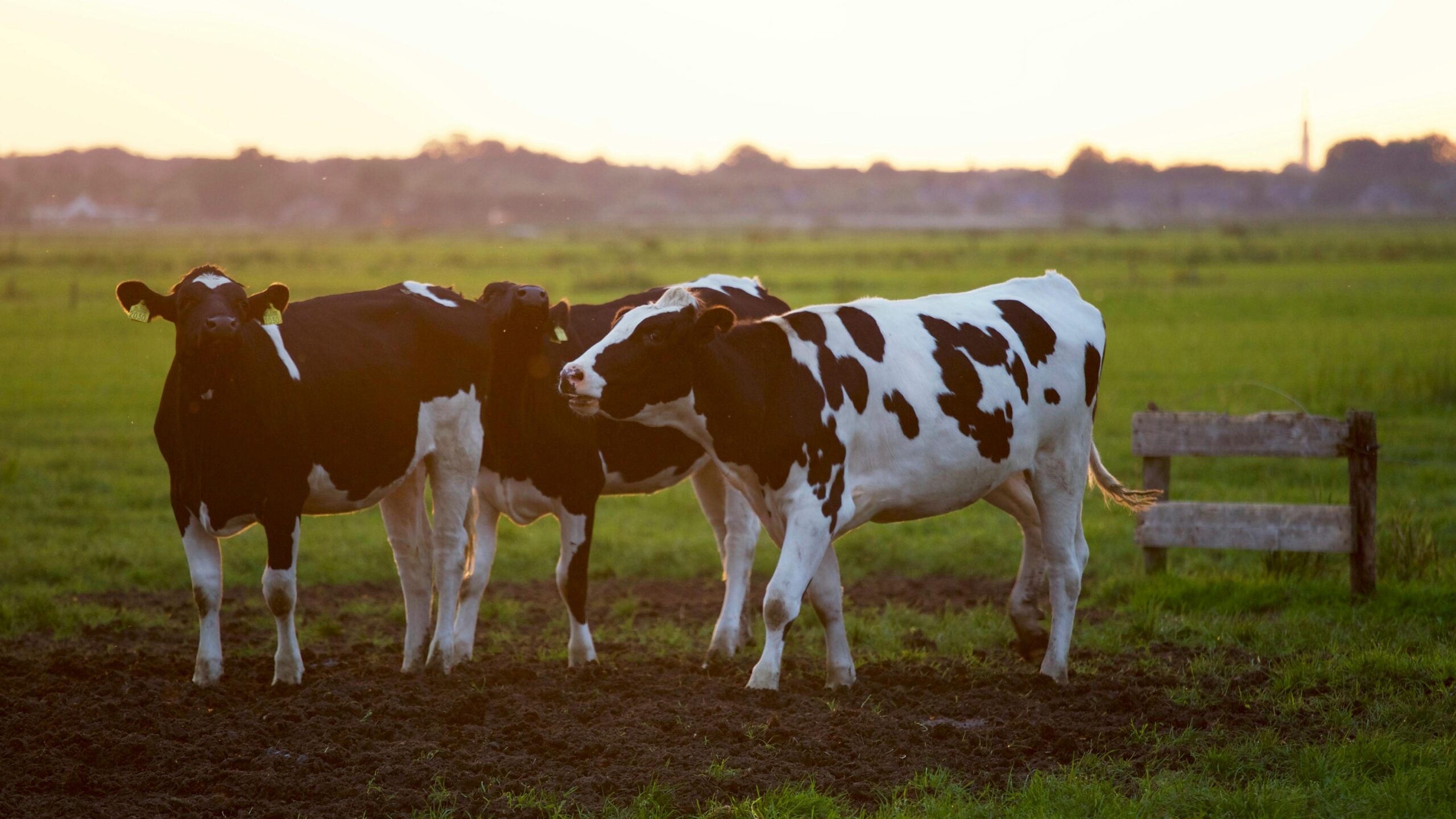
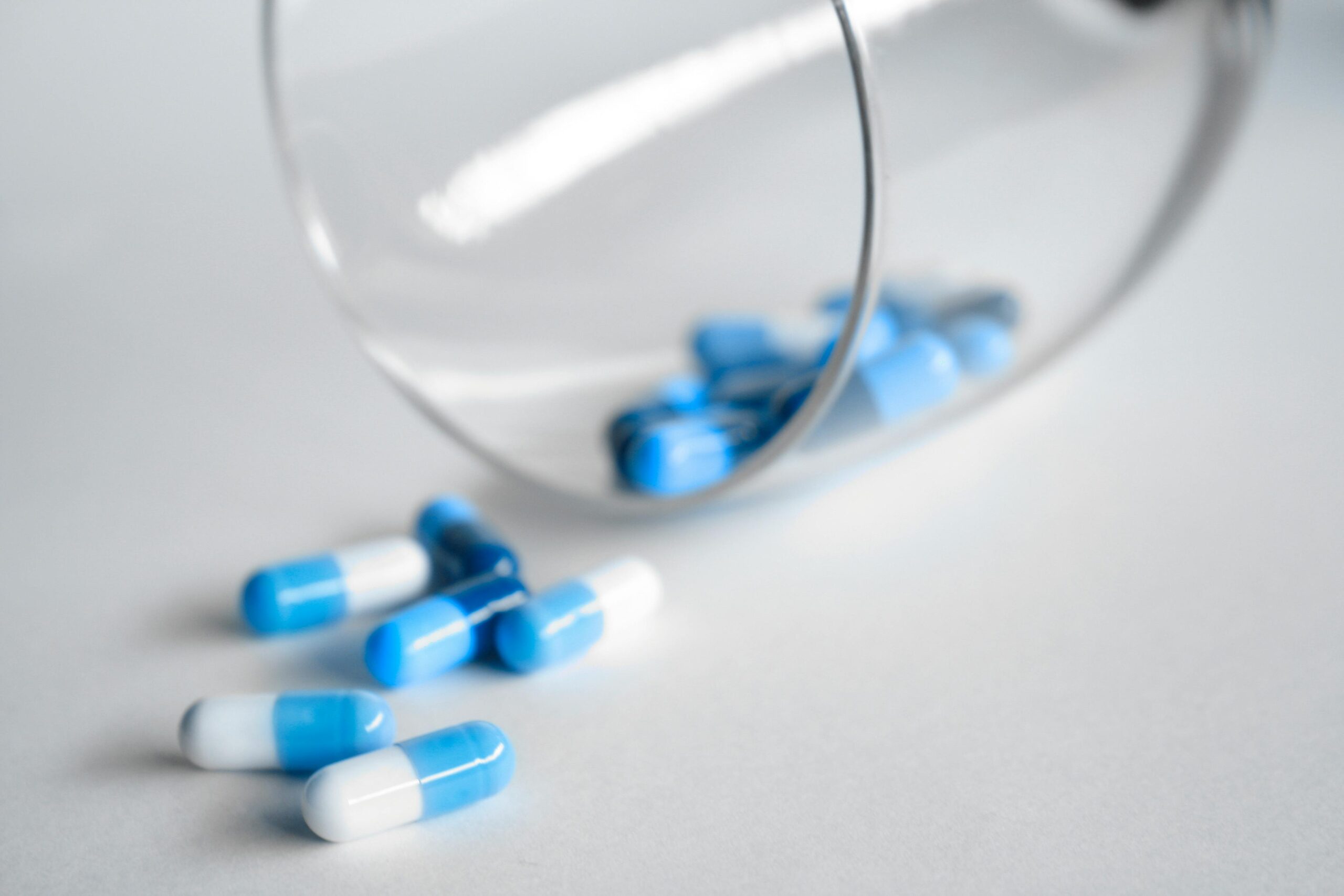






It seems odd that there are now so many stories attempting to explain why humans aren’t feeling well. Not to mention the unknowable number of strange sudden deaths.
I won’t make any assumptions … but as an intelligent observer I have a very strong conviction.
This is really ob-setting as I am on a heavy dose of antibiotics and will run a marathon this summer. I need to do more research.